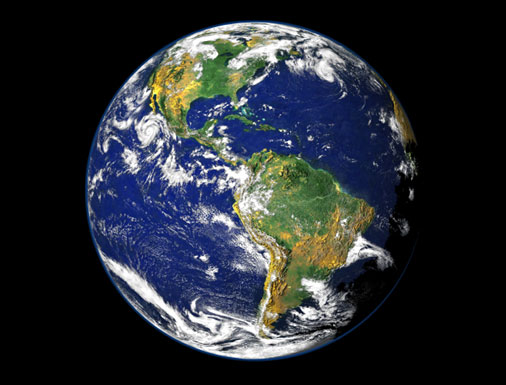Darwin's Predictions

The Earth is at least several hundred million years old.
In 1658, based on his reading of the Bible and on historical records, the Irish clergyman James Ussher declared that God had created the Earth on October 22, 4004 B.C. Geologists of Darwin's day begged to differ, arguing for a far older Earth. Darwin, knowing that evolution required vastly more time than just six millennia, concurred. In the first edition of the Origin of Species, he estimated our planet to be at least several hundred million years old. In fact, as is well known today, it is far more primeval. In the 1900s, after Marie and Pierre Curie discovered radioactivity, physicists learned how to use the half-life of uranium and other radioactive elements to estimate the age of rocks. The oldest minerals found on Earth are about 4.1 to 4.2 billion years old, indicating our planet is at least that old. But meteorites, which scientists believe formed at the same time as the planets and which, unlike the Earth, are not geologically active and therefore retain evidence of their formation, date even further back. Using several different dating methods on dozens of different kinds of meteorites, scientists have, in instance after instance, come up with an age of roughly 4.5 billion years—the current widely accepted estimate of our planet's age.